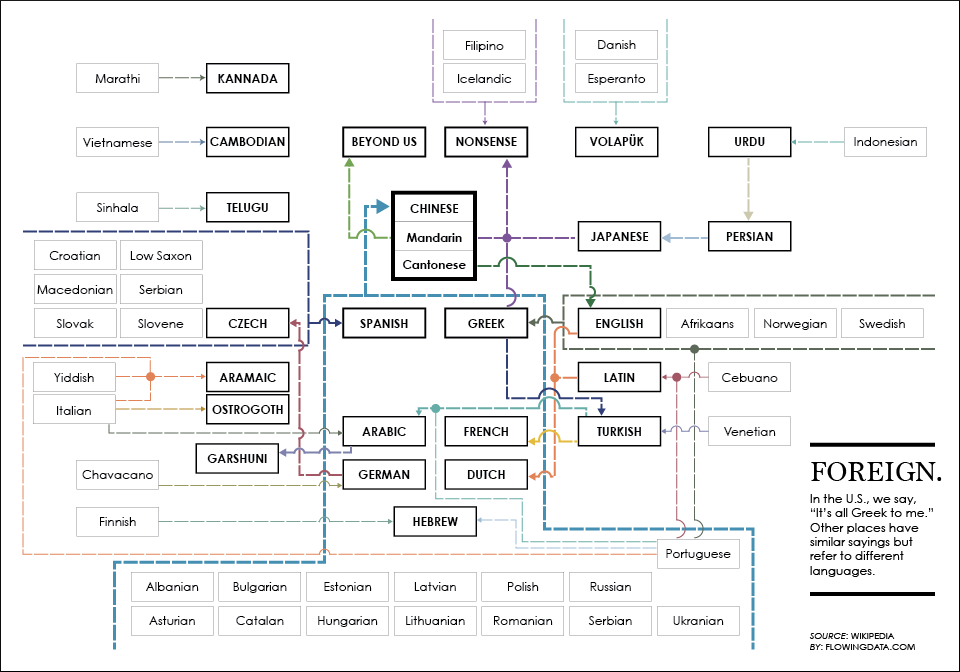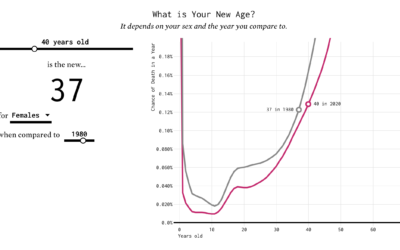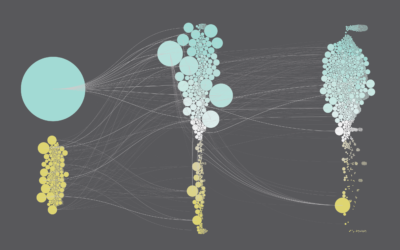It’s All Greek (or Chinese or Spanish or…) to Me

In English, there’s an idiom that notes confusion: “It’s all Greek to me.” Other languages have similar sayings, but they don’t use Greek as their point of confusion, and of course — there’s a Wikipedia page for that. Mark Liberman graphed the relationships several years ago, but the table on Wikipedia references more languages now. So I messed around with it a bit.
“Chinese” is the leading point of confusion, then Spanish and Greek, and then you just move out from there. Languages with lighter border and towards the edges don’t have any other languages that point to them.
Obviously the Wikipedia page isn’t comprehensive, but hey, it was fun to poke at.
Become a member. Support an independent site. Get extra visualization goodness.
See What You Get




